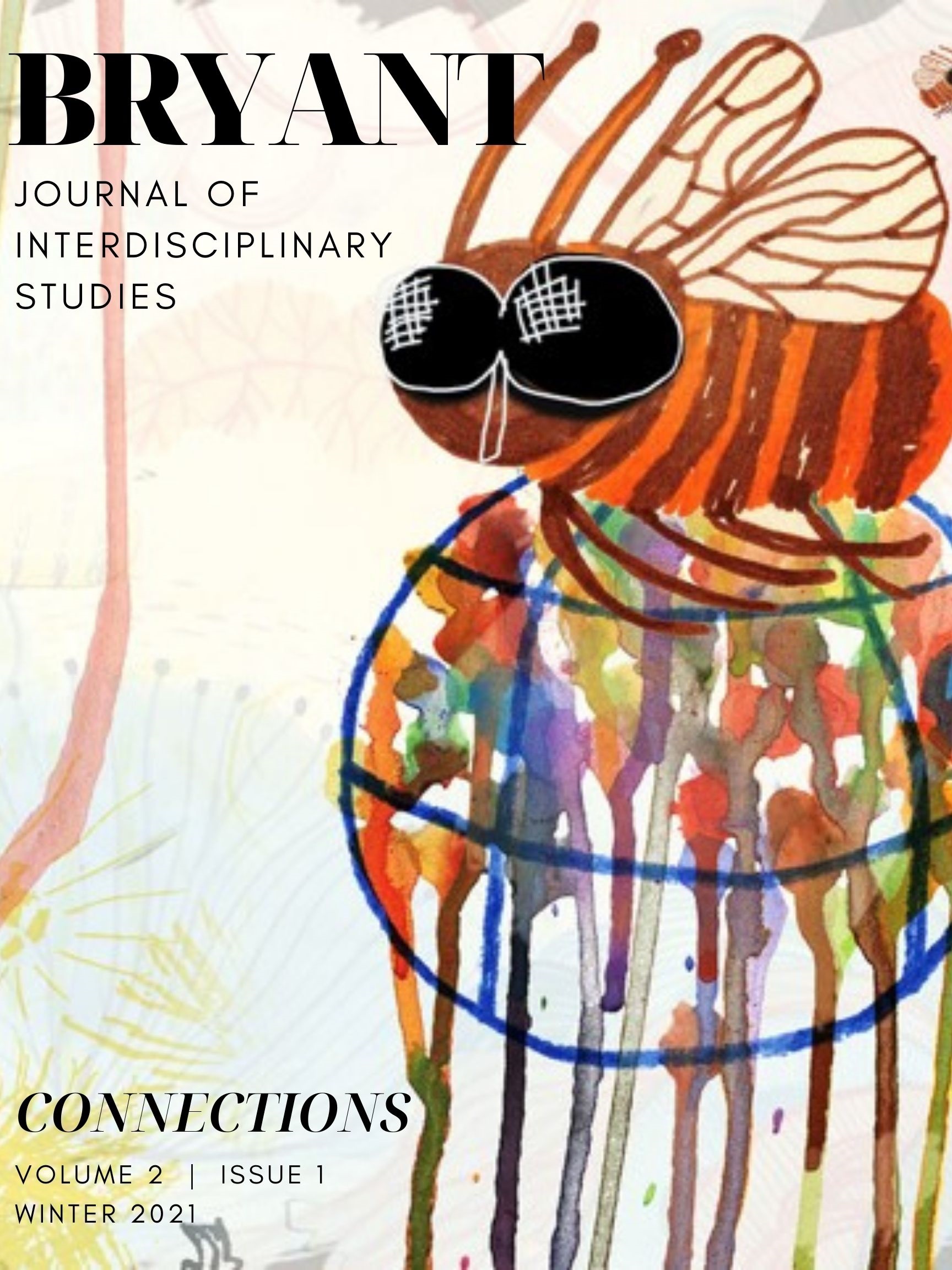Bryant University Undergraduate Journal
Abstract
Preceding centuries of exploitation and commodification of all life and the natural world have led us to the crises we face today. To describe the dramatic changes our species has forced upon the planet, in 2000, scientists Eugene Stormer and Paul Crutzen dubbed the geological epoch we inhabit the Anthropocene (Global Change Newsletter). Although the term is useful to distinguish the altered composition of the atmosphere, soil, and oceans that human activity has produced from the ecological baseline of the Holocene, some scholars are critical of the term. Not all humans are equally to blame for the environmental degradation which surrounds us. Raj Patel and Jason W. Moore have proposed a more appropriate term for this era would be the Capitalocene, as it points to capitalism as the root of these problems which have been in the making since the fifteenth century. Alternatively, scholars Donna Haraway and Anna Tsing describe this period as the Plantationocene to better elucidate the history of racial oppression, violence and economic inequality which is inseparable from the history of ecological exhaustion and collapse (Moore et al. 6).
Course
LCS 240 Introduction to the Environmental Humanities
First Faculty Advisor
Maura Coughlin, PhD
Recommended Citation
Turner, Joshua
(2021)
"Living in the Plantationocene,"
Bryant University Undergraduate Journal: Vol. 2:
Iss.
1, Article 18.
Available at:
https://digitalcommons.bryant.edu/isbhs/vol2/iss1/18

Included in
Arts and Humanities Commons, Business Commons, Environmental Studies Commons, Life Sciences Commons, Science and Technology Studies Commons

